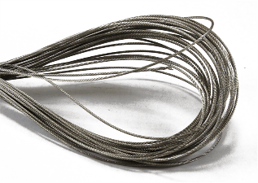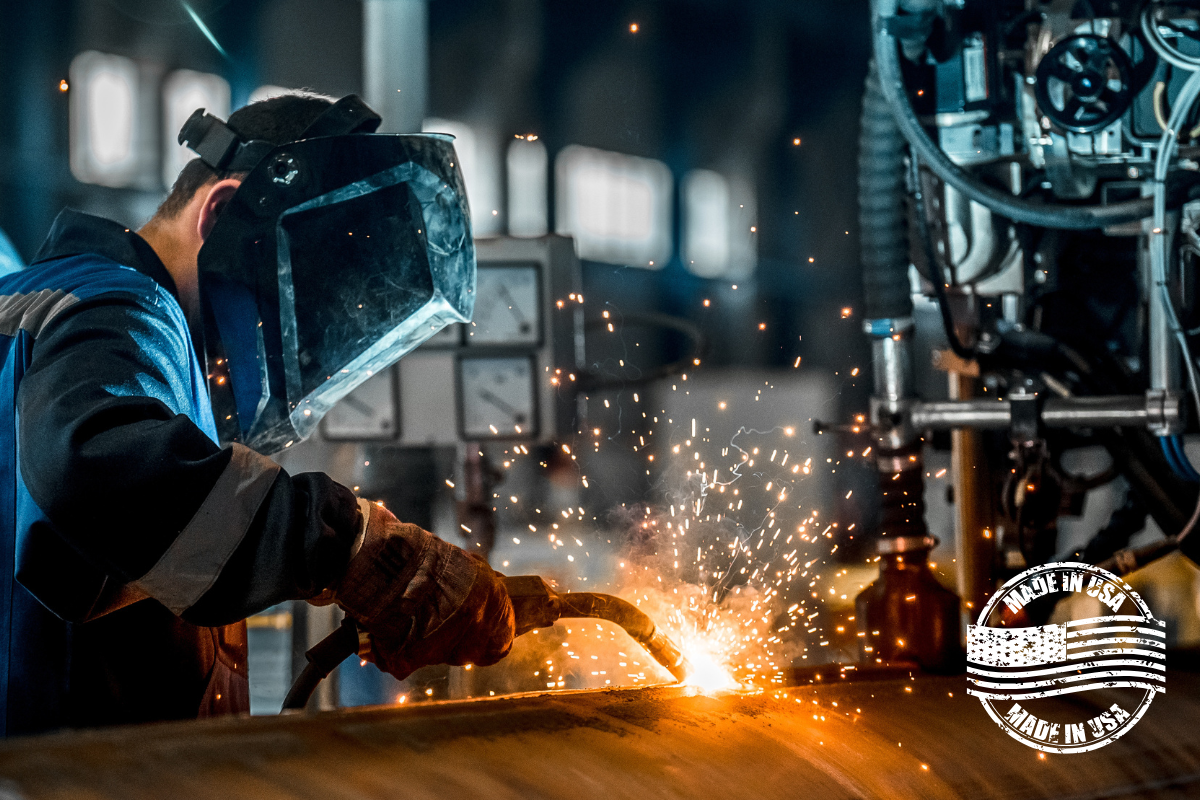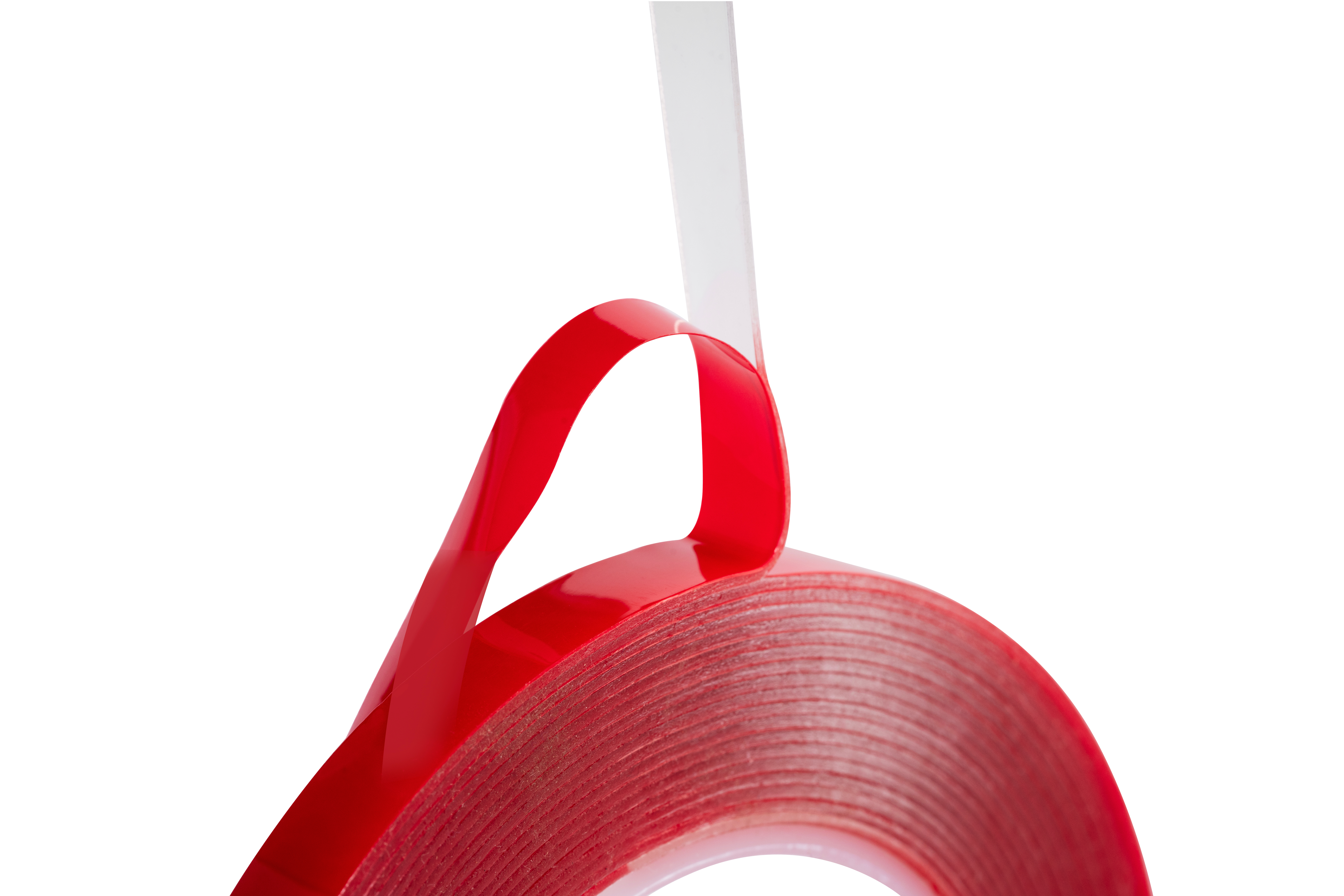.png?width=716&name=CABLES%20V.%20RODS%20(7).png)
The two primary linkage options available for your multi-point latches are Rods and Cables. Each offers a different set of advantages and disadvantages.
If you're debating which is right for your application, here's a breakdown of our findings.
Rods are more common in multi-point latch applications for several reasons, but primarily because of their durability. They are generally stronger and more durable than cables. Financially, while the cost of the raw materials for rods and cables is very close, rods tend to be more economical than a complete cable system. Cable systems require more components for assembly, thus making them more complex and costly to use. Many companies will form rods on their own, which also can help to keep costs down.
While rods can be bent and formed to go around obstacles, such as the framing or other "guts" of the door, cables are generally much easier to use in those applications. Rods can also be bent to provide compression at latching points; however, bending rods adds cost to the operation and can potentially weaken it. Cables also have an inherent weakness at any crimping points. Cables have the advantage of being adjustable for tension, which is not possible with rods.
Rods vs. Cables Advantages/Disadvantages Summary:
Rods
Advantages
- Used more commonly because they're stronger and more durable than cables

- Can be bent and formed more easily now than in the past, allowing them to be designed around obstacles
- They can be bent to provide compression at the latching points
- Rods are often more economical than cable systems
Disadvantages
- If a door does have significant obstacles, rods would have to be bent around the obstacles, weakening the rod and adding cost to the operation
- Rods are also subject to rattling and, therefore, can be quite noisy
- Bending can potentially weaken the rod
Cables
Advantages
- They can more easily go around obstacles in the door, such as the framing or
 other "guts" of the door
other "guts" of the door - They can be adjusted for tension whereas rods cannot - this is especially true when used with rotary latches, which require adjustment more frequently than other latches
- Cables operate much more quietly than rods
Disadvantages
- They are typically not as strong or durable as rods in that they're more susceptible to stretching, fraying, and breaking
- There is an inherent weakness in cables at any crimping points
- Cables are typically more complex than rods in that they require more components for assembly
- Cable systems tend to be more expensive than rods
The details of your processes will likely be the determining factor in the rods vs. cables debate for your applications. If you’re unsure which will work better for you, let Austin Hardware® be your guide. Our sales and engineering teams have seen and worked on hundreds of different multi-point latch applications.







